Tomato paste is an essential ingredient used in various dishes to add flavor, color, and texture. However, due to various reasons such as scarcity of raw materials, price fluctuations, or personal preferences, people often seek alternatives to traditional tomato paste. This article aims to provide a comprehensive overview of alternative options for purchasing tomato paste, focusing on factors that impact price and quality. Additionally, it will delve into the results of quality tests conducted on different tomato paste alternatives. When it comes to buying tomato paste, consumers have several alternatives available in the market. One popular option is purchasing canned tomato puree, which offers a similar consistency and flavor profile to tomato paste. Tomato sauce is another alternative, although it tends to be less concentrated and may require additional cooking time to achieve the desired consistency. Some individuals also opt for homemade tomato paste, which provides the advantage of controlling ingredients and taste, although it may require more effort and time to prepare.
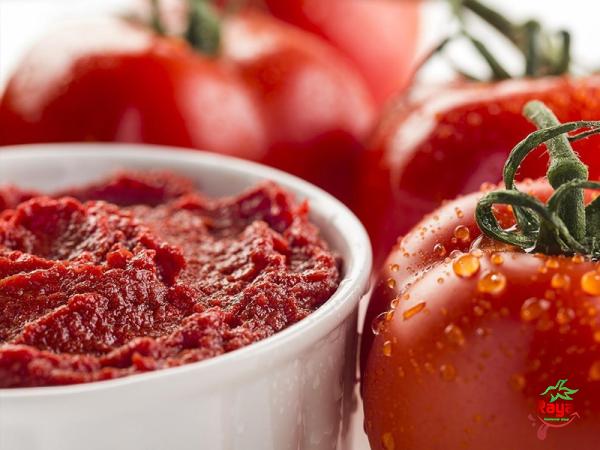
tomato paste
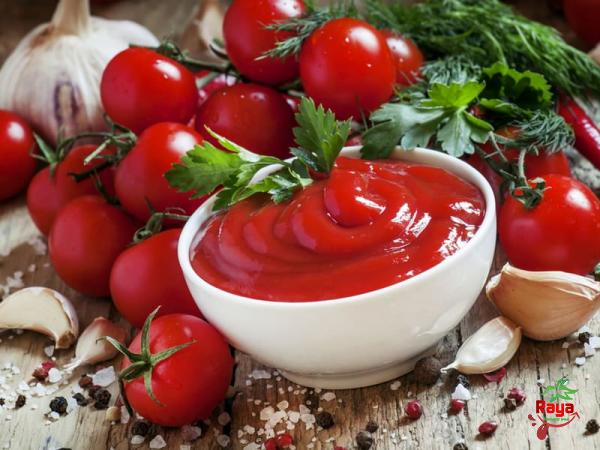 Pricing is an important consideration for most consumers when choosing a tomato paste alternative. The cost of tomato paste depends on various factors, including the brand, packaging, quality, and supply chain dynamics. In general, well-known brands tend to be more expensive due to their reputation for quality and consistency. However, it is worth noting that higher prices do not always equate to better quality. In some cases, cheaper alternatives can provide comparable taste and texture. To determine the quality of tomato paste alternatives, various tests can be conducted. One common method is sensory evaluation, which involves assessing attributes such as color, taste, texture, and aroma. Panel tests, where a group of experts evaluates different samples, can provide valuable insights into the overall quality of the alternative options. Additionally, laboratory tests can be performed to analyze key components of tomato paste, such as acidity, pH levels, and nutritional content. These tests help determine if the product meets certain industry standards and regulatory requirements.
Pricing is an important consideration for most consumers when choosing a tomato paste alternative. The cost of tomato paste depends on various factors, including the brand, packaging, quality, and supply chain dynamics. In general, well-known brands tend to be more expensive due to their reputation for quality and consistency. However, it is worth noting that higher prices do not always equate to better quality. In some cases, cheaper alternatives can provide comparable taste and texture. To determine the quality of tomato paste alternatives, various tests can be conducted. One common method is sensory evaluation, which involves assessing attributes such as color, taste, texture, and aroma. Panel tests, where a group of experts evaluates different samples, can provide valuable insights into the overall quality of the alternative options. Additionally, laboratory tests can be performed to analyze key components of tomato paste, such as acidity, pH levels, and nutritional content. These tests help determine if the product meets certain industry standards and regulatory requirements.
Specifications of tomato paste
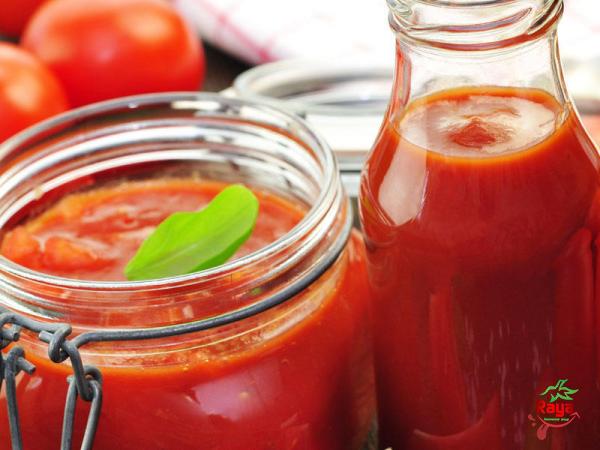 In a recent study conducted to evaluate the quality of tomato paste alternatives, several samples were tested for sensory attributes and laboratory analysis. The results revealed that canned tomato puree and tomato sauce alternatives performed well in terms of taste and aroma, although their texture was not as thick and concentrated as traditional tomato paste. The homemade tomato paste samples, on the other hand, tended to have a richer taste and thicker consistency, but their color and aroma varied significantly due to the use of different ingredients and preparation methods. It is important to note that personal preferences play a crucial role in determining the best tomato paste alternative. Some individuals may prioritize quality, while others may be more concerned about price or the convenience of the product. It is recommended to consider individual preferences and requirements when selecting an alternative option.
In a recent study conducted to evaluate the quality of tomato paste alternatives, several samples were tested for sensory attributes and laboratory analysis. The results revealed that canned tomato puree and tomato sauce alternatives performed well in terms of taste and aroma, although their texture was not as thick and concentrated as traditional tomato paste. The homemade tomato paste samples, on the other hand, tended to have a richer taste and thicker consistency, but their color and aroma varied significantly due to the use of different ingredients and preparation methods. It is important to note that personal preferences play a crucial role in determining the best tomato paste alternative. Some individuals may prioritize quality, while others may be more concerned about price or the convenience of the product. It is recommended to consider individual preferences and requirements when selecting an alternative option.
buy tomato paste
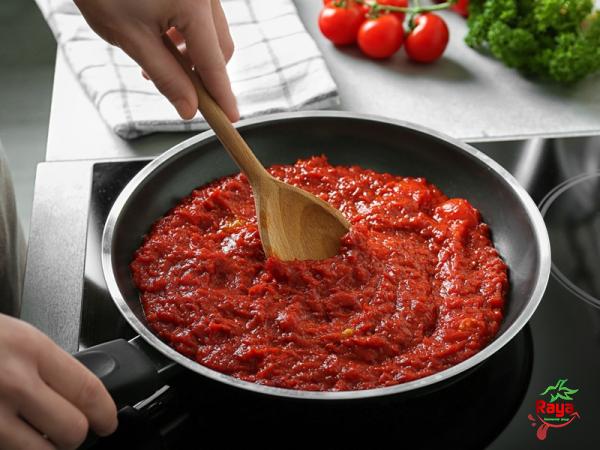 In conclusion, purchasing tomato paste alternatives provides consumers with flexibility, cost-effectiveness, and the opportunity to experiment with different flavors and textures. Factors such as brand reputation, packaging, and price influence the purchasing decision. Quality tests, including sensory evaluation and laboratory analysis, help assess the overall quality and nutritional content of the alternatives. By considering personal preferences and conducting thorough research, consumers can make informed choices when it comes to selecting the best tomato paste alternative for their culinary needs.
In conclusion, purchasing tomato paste alternatives provides consumers with flexibility, cost-effectiveness, and the opportunity to experiment with different flavors and textures. Factors such as brand reputation, packaging, and price influence the purchasing decision. Quality tests, including sensory evaluation and laboratory analysis, help assess the overall quality and nutritional content of the alternatives. By considering personal preferences and conducting thorough research, consumers can make informed choices when it comes to selecting the best tomato paste alternative for their culinary needs.

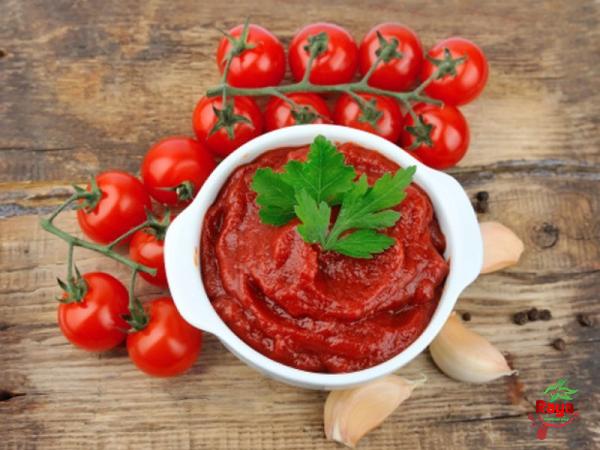
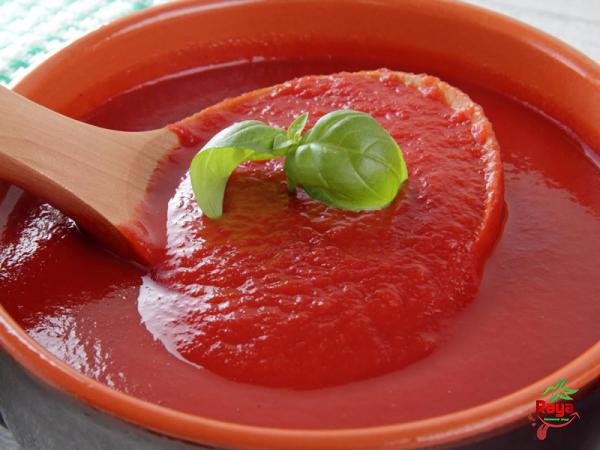
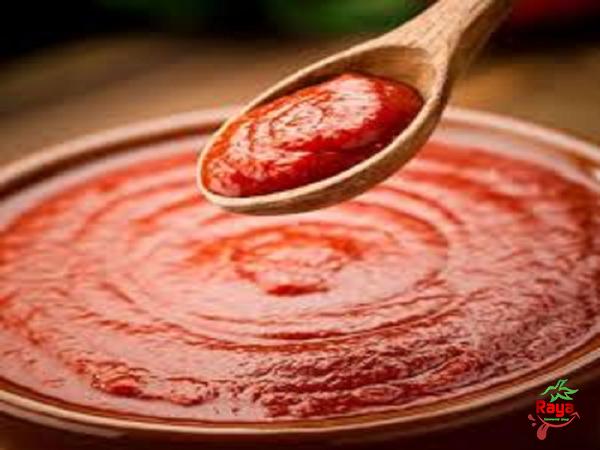




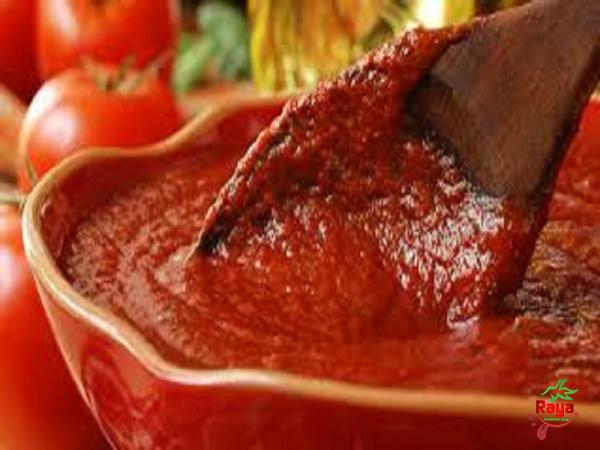
Your comment submitted.